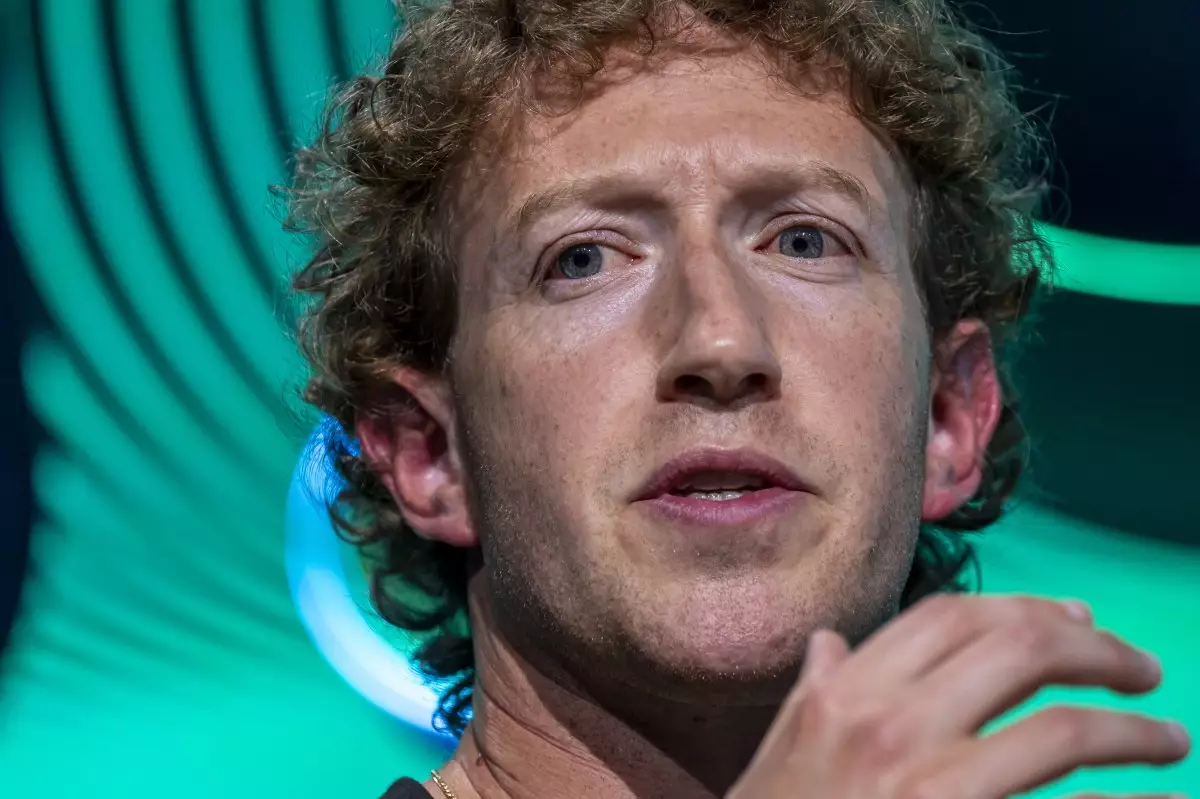Recently, the digital landscape has become a hotbed of discussion following the announcement by Meta CEO Mark Zuckerberg regarding significant changes to the company’s content moderation policies. These alterations, which include the dismantling of the third-party fact-checking system and the relaxation of restrictions on political content, have sparked widespread unease among users and watchdog organizations. Observers speculate that these adjustments aim to align Meta more closely with the incoming political climate, particularly in anticipation of the Trump administration’s influence. Such a shift raises critical questions about the ethical responsibilities of social media platforms in moderating content that can incite hate, misinformation, and even violence.
The immediate aftermath of these revelations has been a noteworthy spike in user searches on Google for phrases related to canceling and deleting accounts on Meta’s platforms, which include Facebook, Instagram, and Threads. According to Google Trends, terms like “how to permanently delete Facebook” reached peak interest scores, illustrating a dramatic escalation in user dissatisfaction. In a rapidly evolving digital age, where the implications of social media interactions can have dire real-world consequences, such a visceral reaction is more than warranted. With percentages shooting up by over 5,000%, the search for alternatives is a clear indication that many users are seeking refuge from a platform that they perceive as regressing in its commitment to combatting harmful content.
Meta’s relaxation of content moderation policies poses significant risks, especially considering the historical precedents of these platforms being misused for coordinated violence and hate speech. The January 6 insurrection serves as a glaring reminder of how unchecked misinformation can escalate into real-world chaos. Internal Meta documents have critiqued the company’s insufficient response to the propagation of harmful political rhetoric, signaling a pervasive danger that stretches beyond mere debates on virtual platforms. This historical context is crucial in understanding why current users are alarmed and why discourse surrounding these changes is intensifying.
As more users express their intentions to abandon Meta’s platforms, interest in alternative social media systems is surging. Platforms like Mastodon and Bluesky are seeing increased popularity, with many users drawn to their decentralized nature and perceived commitment to user safety and moderating harmful content. This shift toward alternatives highlights a critical moment in social media history: users are no longer willing to tolerate platforms that prioritize political maneuvering over genuine user safety and community well-being. Mastodon’s CEO, Eugen Rochko, has voiced these concerns, framing Meta’s policy changes as alarming and urging users to seek environments where they can communicate without fear of incendiary rhetoric.
The backlash against Meta’s revised policies presents a fundamental challenge to the framework of social media governance. As we navigate an era marked by misinformation and polarized discourse, the responsibilities of tech companies will be scrutinized more than ever. The shifts in user behavior, as seen through skyrocketing search inquiries for account deletions and alternative platforms, underscore a collective demand for accountability and meaningful engagement in moderation practices.
In this evolving landscape, it is crucial for social media companies to reevaluate their strategies and prioritize the safety and well-being of their users rather than short-term political gains. The consequences of such changes could either strengthen user loyalty by fostering a more equitable space for dialogue, or further fracture community ties, pushing users towards safer, more responsible alternatives. As the dust settles on Meta’s policy shifts, the broader implications on user trust and social media’s role in society will unfold, shaping the future of digital interaction for years to come.

